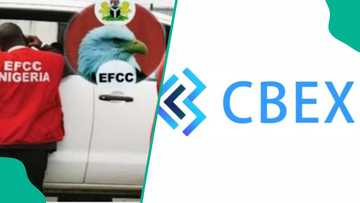After N200bn Debt Controversy, Telcos, Banks Set to Collect USSD Charges From Subscribers' Airtime
- Telecom users will soon pay for USSD services through airtime, as banks and telecom operators consider moving towards implementing an end-user billing system
- This change aims to address the USSD debt issue, with charges being deducted directly from customers' airtime instead of their bank accounts
- The transition is expected to prevent future debt accumulation, but it requires system upgrades and transparency to avoid overcharging customers
Legit.ng journalist Victor Enengedi has over a decade's experience covering Energy, MSMEs, Technology and the Stock Market.
Telecom users will soon be charged for accessing Unstructured Supplementary Service Data (USSD), with deductions made from their airtime.
Reports indicate that discussions between deposit money banks (DMBs) and telecom operators are in advanced stages to implement a direct billing system for end-users.
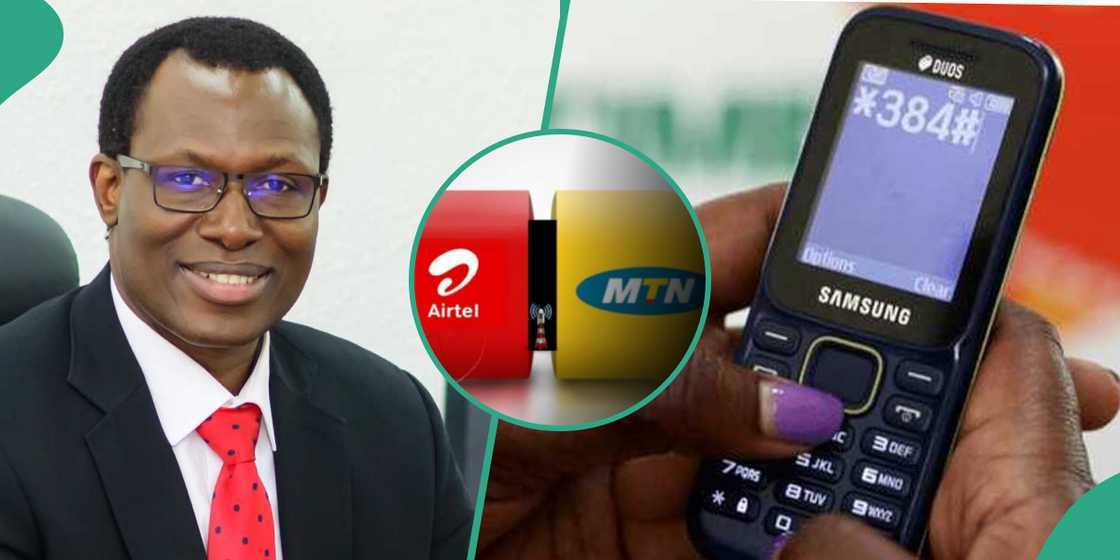
Source: UGC
Under this system, customers will be billed directly for USSD use, with charges applied to their mobile account balance (either airtime or direct billing), irrespective of any additional fees banks may charge.
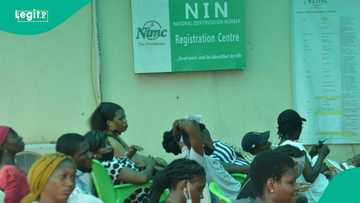
Read also
Nigerians to pay more for NIN corrections as NIMC increases service charge, sets date to start
This would mark a shift from the previous model, where banks were billed for USSD usage.
Subscribers are being charged N6.98 for each USSD transaction since March 16, 2021.
Banks, telecos eye airtime-based USSD billing
Gbenga Adebayo, the Chairman of the Association of Licensed Telecom Operators of Nigeria (ALTON), informed The Guardian that talks are ongoing, with details being refined to benefit subscribers, telecom companies, and deposit money banks (DMBs).
Adebayo explained that the end-user billing system, which banks have been pushing for, could help prevent the buildup of debts, as seen in the ongoing disputes between banks and telecom operators.
Adebayo said:
“So, we have now commenced discussion to migrate to End-User billing without disruption to services by subscribers. Today, when you do USSD, the banks charge you and debit your account (Debit alert for the transfer). When the discussions are completed, banks will not debit again, but it will go directly from your airtime. Instead of the banks taking the money from your account, it will go from your airtime."
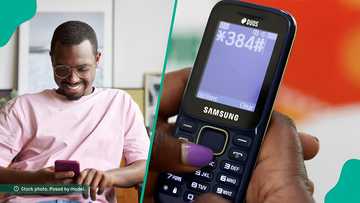
Read also
Access, Zenith, UBA, other banks settle N160bn owed to MTN, Airtel, others as new SMS fee begins
Adebayo stated that discussions have begun, but there is a transition process that will be mutually agreed upon by telecom operators and banks.
He noted that if the agreement is reached, it could resolve the issue of USSD-related debts, something banks have been advocating for.
He also emphasised that, in addition to the expected agreement, it will be crucial to upgrade systems and ensure transparency in operations to prevent customers from being charged for services they did not use.
USSD dispute between banks, telcos
In a September 16, 2019, letter to ALTON, the Body of Banks’ Chief Executive Officers (BOBCEO) proposed implementing end-user billing for USSD services, following industry standards.
The banks opposed sharing USSD revenue with telecom operators, citing concerns over a proposed N4.50 per 20-second charge by telcos, which they argued would increase costs by 450%.
However, the proposal was rejected by telcos due to technical concerns, with telcos advocating for corporate billing instead.
The failure to resolve the issue led to the accumulation of USSD debts, which are now in the process of recovery.
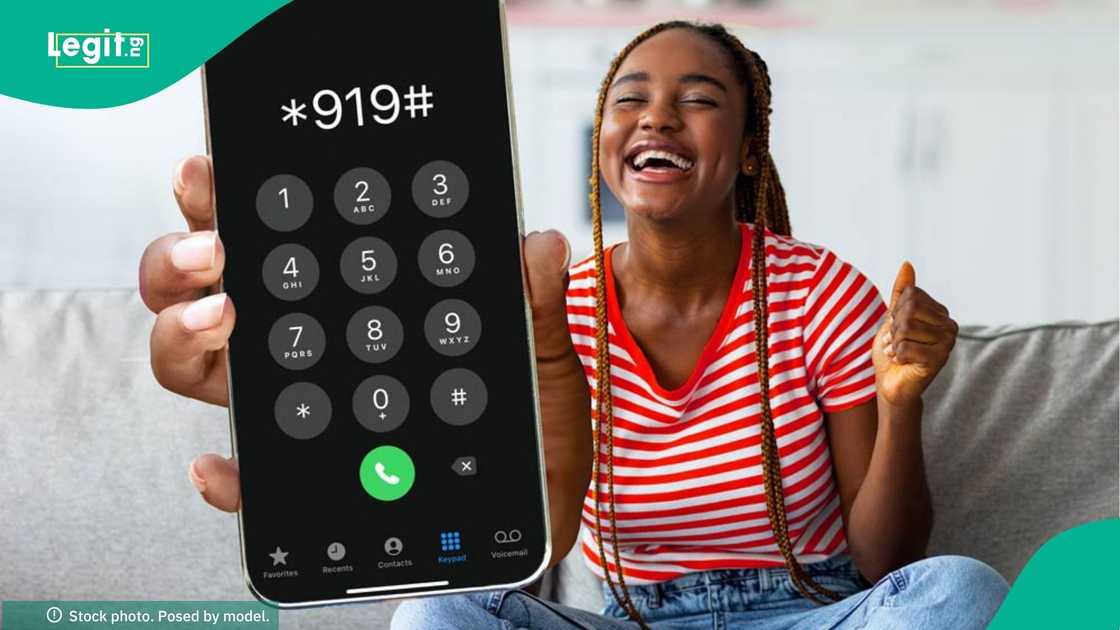
Source: UGC
Banks and telecom operators were in conflict over unpaid USSD fees collected by the banks, which at a time rose to about N250 million.
This financial dispute threatened the future of the service, prompting the NCC to step in, threatening to blacklist defaulting banks from the service.
Telecom operators have criticised the regulator for delaying action, which led to the debt growing to around N160 billion until late last year when some banks began to make payments.
Banks' USSD codes for electronic transfer transactions
Meanwhile, Legit.ng earlier reported that the use of an electronic payment system is set to reach a new height as the CBN begins the implementation of its cashless policy
One major structure to achieve this is the use of USSD for transactions, since it doesn't need the internet
Legit.ng has provided a full list of all banks codes for quick electronic funds transactions.
Source: Legit.ng


